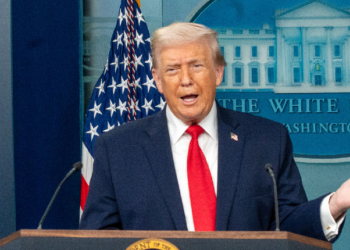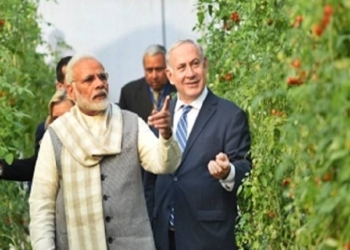New York: An Indian-American man in Florida has pleaded guilty to procuring citizenship unlawfully, misusing evidence of naturalisation, and making false statements in a passport application.
Jaiprakash Gulvady, 51, faces a maximum penalty of 10 years in federal prison, a release by the US Attorney’s Office, Middle District of Florida, announced last week.
According to court records, Gulvady, an Indian national, came to the US in 2001 on a temporary business visa.
In August 2008, less than two weeks after divorcing his wife, a US citizen whom he had married the year before, Gulvady married another US citizen.
Based on that marriage, Gulvady was able to adjust his status and became a lawful permanent resident in June 2009.
Two months later, in August 2009, Gulvady travelled to India for the first time since he had arrived in 2001, and married an Indian woman before returning to the US.
On a subsequent visit to India, Gulvady and his Indian spouse conceived their first and only child, born in January 2011, and in August 2013, Gulvady’s marriage to his US citizen wife was dissolved.
The following year, Gulvady filed an Application for Naturalisation in which he falsely stated under penalty of perjury that he was not currently married; that he did not have any children; and that he had never been married to more than one person at the same time.
Based on that application, Gulvady became a naturalised US citizen in August 2014, a probe by Homeland Security Investigations, with assistance from United States Citizenship and Immigration Services, found.
Using his fraudulently obtained Certificate of Naturalisation as evidence of US citizenship, Gulvady applied for a US passport, in which he falsely omitted his Indian spouse.
The Department of State issued Gulvady a US passport, which he then used to reenter the US on at least three occasions.
While his sentencing date is not yet set, Gulvady’s conviction for unlawfully procuring citizenship results in the automatic revocation of his US citizenship at the time of sentencing.
(IANS)
















